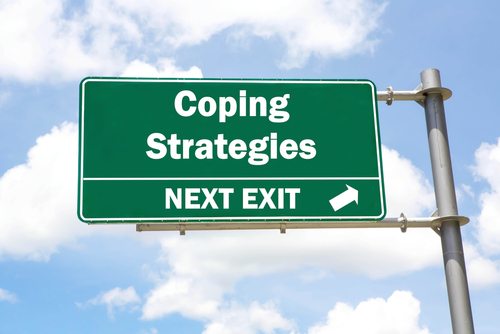Finishing a substance use treatment program is a huge accomplishment in recovery. This marks the start of a lifelong journey. More than 50 percent of people with addiction in recovery relapse within four years of treatment with adolescents being at highest risk due to inexperience. Triggers are everywhere but some coping mechanisms can be learned to support strategies for sobriety maintenance.
Find Positive Influences
Following treatment, it is likely an individual will want to reconnect with old friends and even encourage those people to seek treatment also. Peer pressure and the idea that drug or substance use was fun and won’t harm anyone is likely to set a person off down the wrong path. All it takes is one use to set of a downward spiral which can lead back to addiction. The risk is not worth taking. Some of the following tips may be helpful to try instead:
- Visit new places and avoid old stomping grounds
- Explore new hobbies
- Meet new friends with a healthy, positive outlook on life
- Don’t take the risk
- Find drug-free activities that are fun with sober friends
Don’t Settle
Days will come when temptation and triggers are all around. Know enough not to give in at that moment. It will not be easy but trying to substitute the past go-to substance with something else is helpful. If a drinking problem was the issue, it might lead to thinking smoking is not so bad, either. If a person used cocaine, perhaps the individual is tempted to try eating sweets as an alternative to using drugs. Replacing one thing for another can lead to addiction transfer with myriad health problems which may result. Rather than seeking to fill the void with something else, work to explore new activities with sober friends who can support a better focus on health and recovery.
Practice Mindfulness
Rather than wrestle head-on with triggers, seek out mindfulness activities. Things such as quiet time, solitude and taking deep breaths are helpful to grow stronger in recover. Repeat positive statements to boost self-worth and a desire to achieve better things. Take a yoga class or participate in exercise classes. Seek to be surrounded by holistic healing and healthy activities to gain wisdom for challenges down the road.
Looking forward is one of the best ways to avoid falling prey to triggers. Don’t fall into the trap of self-pity or feel overwhelmed thinking about challenges ahead. Find a way to embrace the new chapter of recovery as a positive space in the new season of life that drugs and alcohol can’t sustain or fulfill.
There is light at the end of the tunnel. Triggers happen, but you don’t have to give in. If you’re struggling with finding ways to combat addiction or triggers, call The Villa. Let us support you on the journey to recovery.

